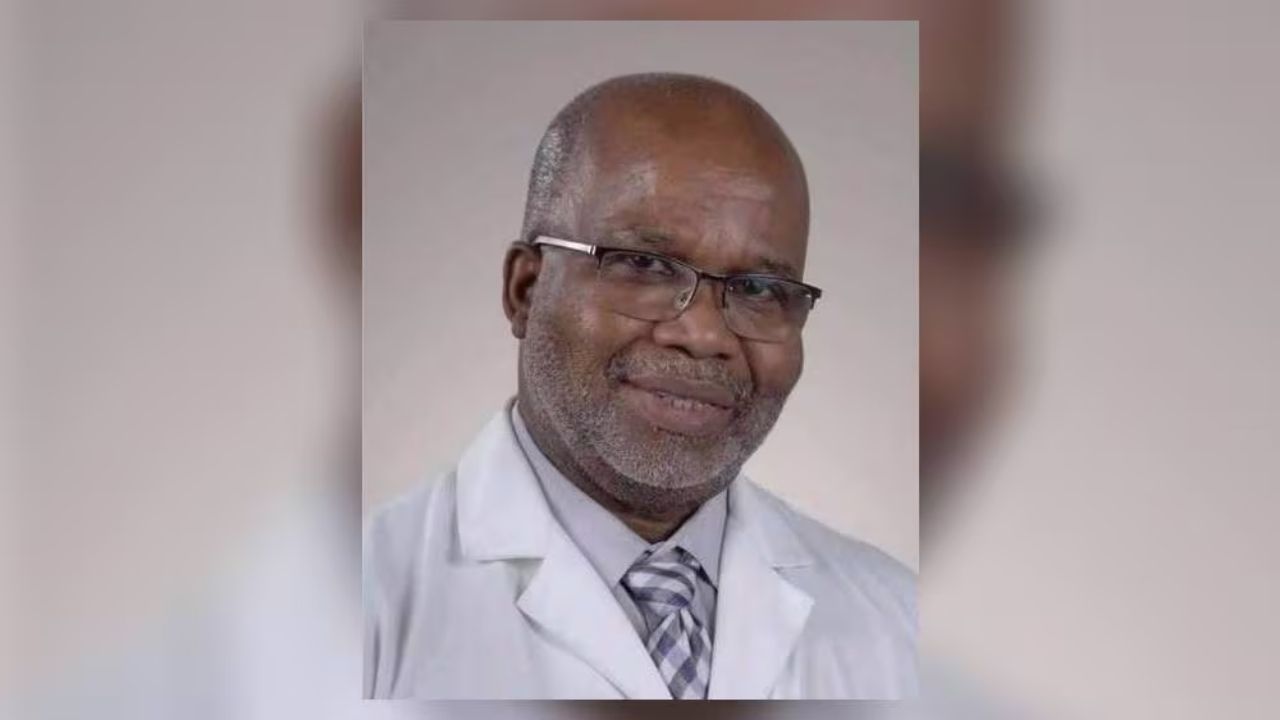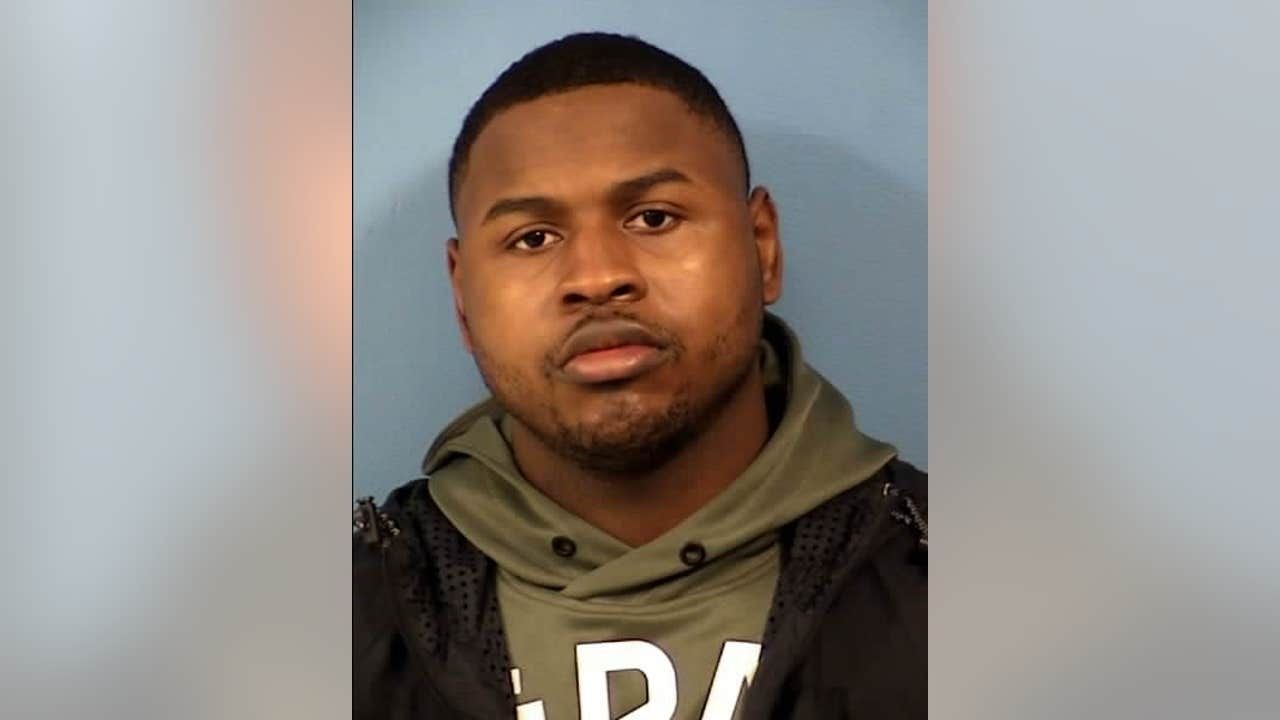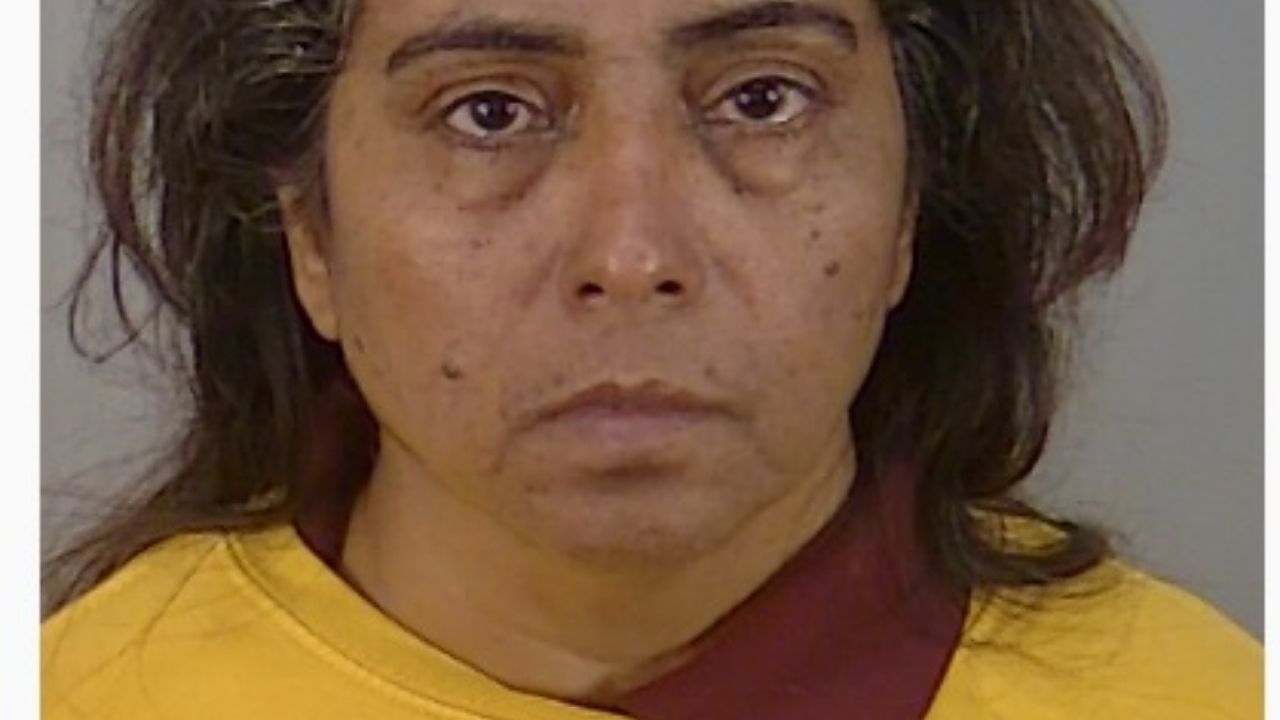The body of a missing doctor was discovered in an Ohio pond on Christmas Day.
According to CBS affiliate WTOL in Toledo, Cletus Iwuagwu, 71, was found dead in a pond in Lucas County on Thursday.
He was first reported missing on November 25.
People walking in the Stone Oak region of Lucas County reported spotting the body in the pond, according to the Lucas County Sheriff’s Office.
According to WTOL, a drone was used to retrieve Iwuagwu’s body, and firefighters assisted in the process.
According to the Lucas County Coroner’s Office website, the body was identified as Cletus Iwuagwu.
A spokeswoman stated that an autopsy would be performed on Friday.
The cause and manner of death are still under investigation.
The coroner’s office stated that no foul play is suspected at this time.








Leave a Reply